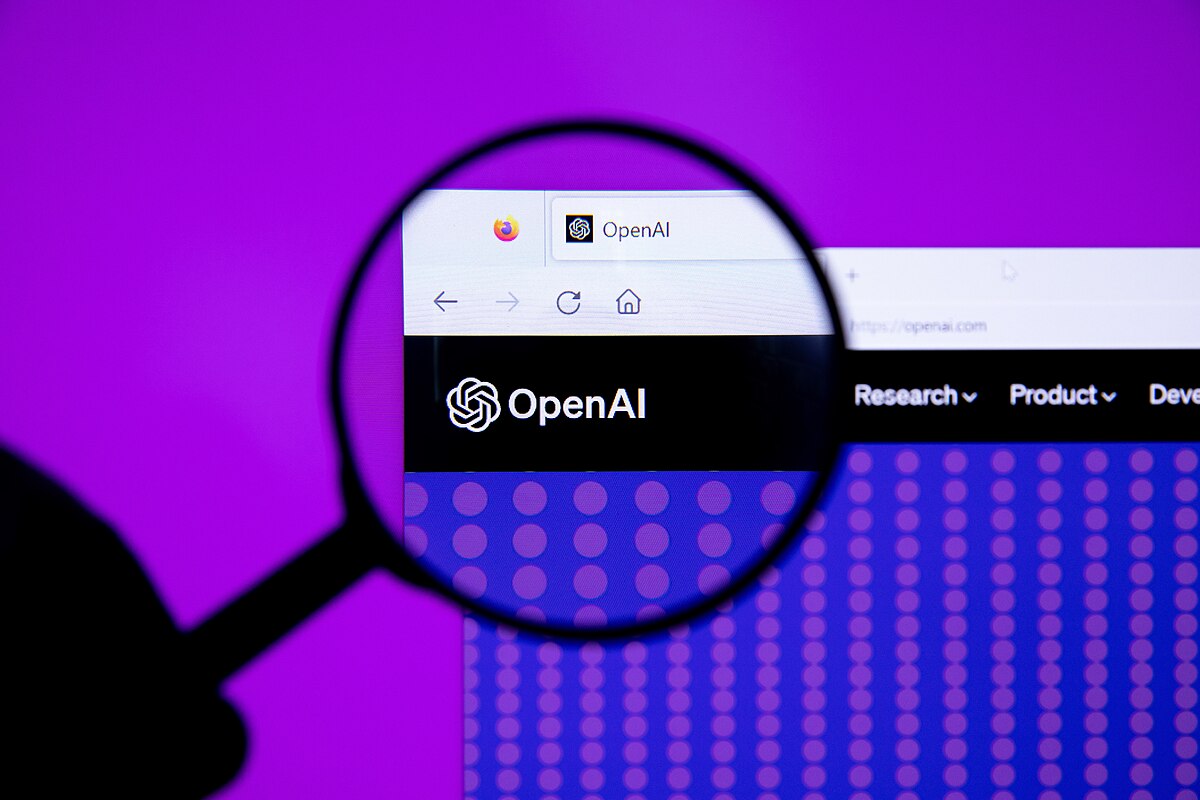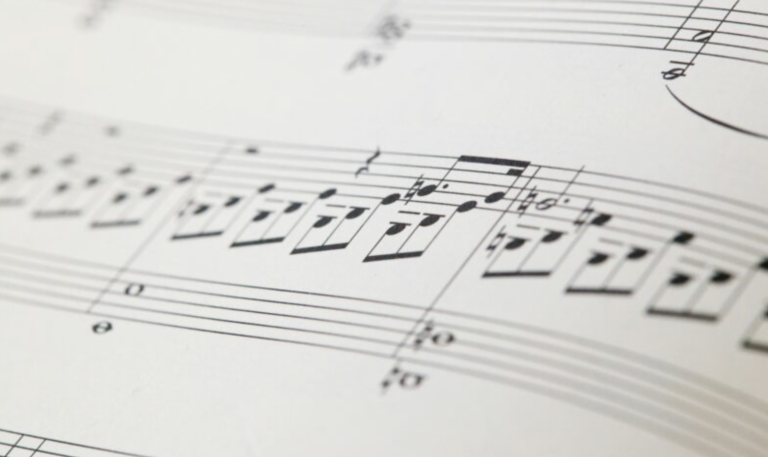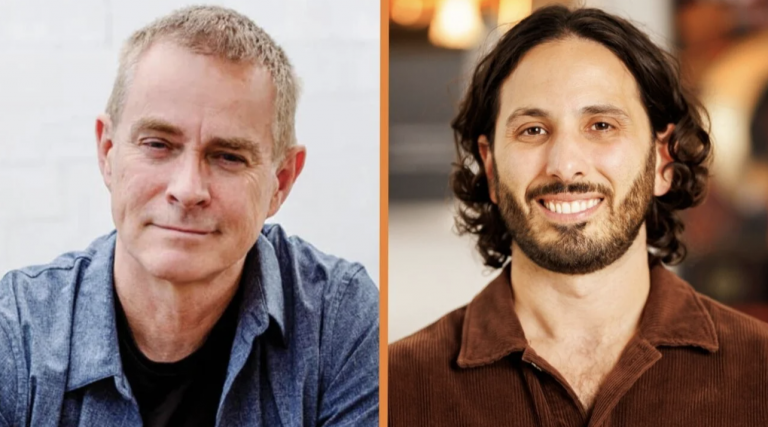
Jernej Furman | CC BY 2.0
In a verdict that sends a clear signal across the tech world, the German collecting society GEMA has won a landmark copyright case against AI giant OpenAI. The ruling, handed down by a German court on Tuesday, November 11, establishes a crucial legal precedent: generative AI platforms like ChatGPT are not above copyright law and must obtain licenses for the copyrighted material they use.
The Heart of the Dispute
The lawsuit, originally filed in November 2024, centered on GEMA’s accusation that OpenAI used the copyrighted song lyrics from its repertoire—representing over two million rights holders globally—without payment or authorization to train and operate its large language model. OpenAI attempted to argue that its use was justified and that it qualified as a privileged research organization. The court, however, firmly rejected this position. The ruling determined that when ChatGPT reproduces protected lyrics in response to user prompts, this constitutes copyright infringement, necessitating a proper licensing agreement and fair remuneration for the creators.
Dr. Tobias Holzmüller, CEO of GEMA, encapsulated the core principle following the decision: “The internet is not some kind of self-service buffet, and creative achievements by human beings are not simply templates for use free of charge.”
A Milestone for European Copyright
This verdict is the first of its kind in Europe to legally examine and rule in favor of creators whose works have been utilized by generative AI systems. The court’s finding provides much-needed clarity on how new technology interacts with existing copyright law across the continent. Dr. Kai Welp, GEMA’s General Counsel, hailed the decision as a “milestone on the way to obtaining fair remuneration for authors and creators throughout Europe.”
The implications are far-reaching, signaling that AI developers can no longer rely on ambiguous legal gray areas. GEMA had previously offered OpenAI a specific AI licensing model as early as September 2024, demonstrating that a legal and remunerative path forward already exists, but OpenAI had reportedly shown unwillingness to engage. This legal victory is expected to compel AI companies to engage with collecting societies.
The Future of AI Licensing
The German court’s decision sets a clear mandate: Even tech giants must obtain licences for the use of intellectual property; they cannot evade their obligations. The case acts as a powerful warning shot for other AI companies. GEMA, for example, has a similar lawsuit pending against US-based AI music generator Suno, scheduled for a hearing in January 2026.
Ultimately, this ruling reinforces the core message: the commercial success of generative AI systems is built upon the vast amounts of creative work they consume, and the original creators must be compensated. It lays the groundwork for establishing standardized licensing models, ensuring that the innovation of AI is balanced with the fundamental rights and livelihoods of authors and artists.








